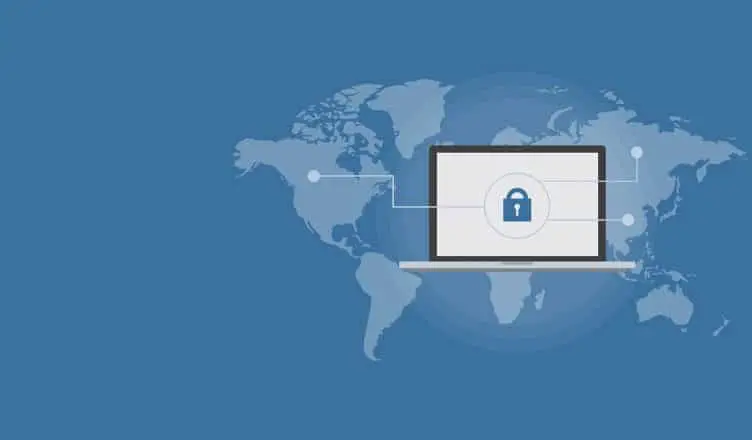Today, more than ever, our lives are intertwined with technology and the digital world to such an extent. We live and breathe online, spend online, build bonds online, and create entire alter egos to represent ourselves online.
The internet has become a second home to most of the world’s population, and businesses are taking advantage of that very trend.
Add to that, how we collaborate is profoundly different. We now work as freelancers with clients scattered all over the world. We work from home and remotely, and we use our digital tools to share data of various relevance and sensitivity.
All of these innovations have enabled dramatic changes in how we run our businesses and exchange information. The need for improved security is all the greater precisely due to our predominantly digital modes of operation.
However, small businesses often fail to implement the latest security solutions. Because they lack the resources or the capacity to follow through.
Here are a few ways in which small businesses need to step up to their security needs and ensure secure data exchanges for all of their employees and clients alike.
Structure of the right policies
Some practices are considered such common sense that few managers spend enough time explaining them to their employees.
Alas, that is often the reason for many data breaches or security issues, coming straight from your own office with zero help from any outside malicious hackers. Prevention is the best possible strategy to ensure that all of your employees are aware of their role in your business. As well as their ability to compromise any data they’re handling.
Plus, assigning the right level of responsibility to certain behaviors may be enough to get your employees to rethink their actions and be smarter with their choices, simply because they know there will be consequences.
Have your experts prepare a detailed policy on secure data management. Also, take the necessary precautions every employee is expected to take. Keep the manual available so that they can revisit it whenever they’re in doubt.
Use secure access management
Once again, how you manage security issues internally will determine how well you’ll be able to manage your employees and your data and preserve your client relationships in the long run.
One key aspect that affects all of your data security is introducing a secure web gateway for the sake of better identity and access management (also known as IAM).
Regulating the kind of access your employees have makes it simpler not just to spot threats but to prevent them altogether.
Additionally, IAM technology serves a range of security purposes. So, it’s far from limited to handling your employees’ access to secure and sensitive data.
It can also be used to prevent and minimize data leaks. It also protects the security of your intranet’s data and simplifies legal compliance. This is another pivotal topic for any business handling sensitive information.
Even in the event of an incident, the technology in place can trace the source to help you resolve the issue in time.
Educate and train your teams
Although it does start with giving your employees the information in the form of a policy and the tools in the form of technology to secure the data they’re exchanging and storing, they still need the skills to utilize both in practice.
Outdated operating systems may not seem like too much of an issue. But they can be a perfect gateway for an outsider to access your sensitive data.
Using the same password for a range of different accounts is yet another common mistake most people make.
To prevent such issues, providing optimal training and education as soon as you onboard an employee is the best possible way to prevent any leaks and data breaches.
How they use their own private devices at work can also make a difference. Teaching them to spot phishing emails is another prerequisite for a safe office and secure business.
Implement data encryption protocols
In addition to regularly updating operating systems, utilizing the latest firewalls, and enforcing best practices around the office. Using encryption to protect sensitive data is another way to reduce any security risks for your small business.
The latest encryption algorithms are advanced enough to boggle even some of the more sophisticated hacking minds. They serve to preserve the integrity of the exchanged data while protecting it in the form of a unique code.
Data that is in transit is more susceptible to breaches. Using encryption is one of the simplest and most effective methods to add a layer of protection to your messages.
Moreover, this method is highly encouraged by a range of protection policies. This puts your business in line with security and legal requirements. It makes your business more trustworthy in the eyes of your clientele when you use encryption as part of your security protocol.
Dealing with sensitive information has become a regular issue for modern-day small businesses. As technology advances, so do the hackers, who get more creative with their attempts to steal and use the information you’re protecting.
Implementing these best practices in security helps your small business increase the safety of its operations. This also boosts your reputation, no matter what industry you come from.






